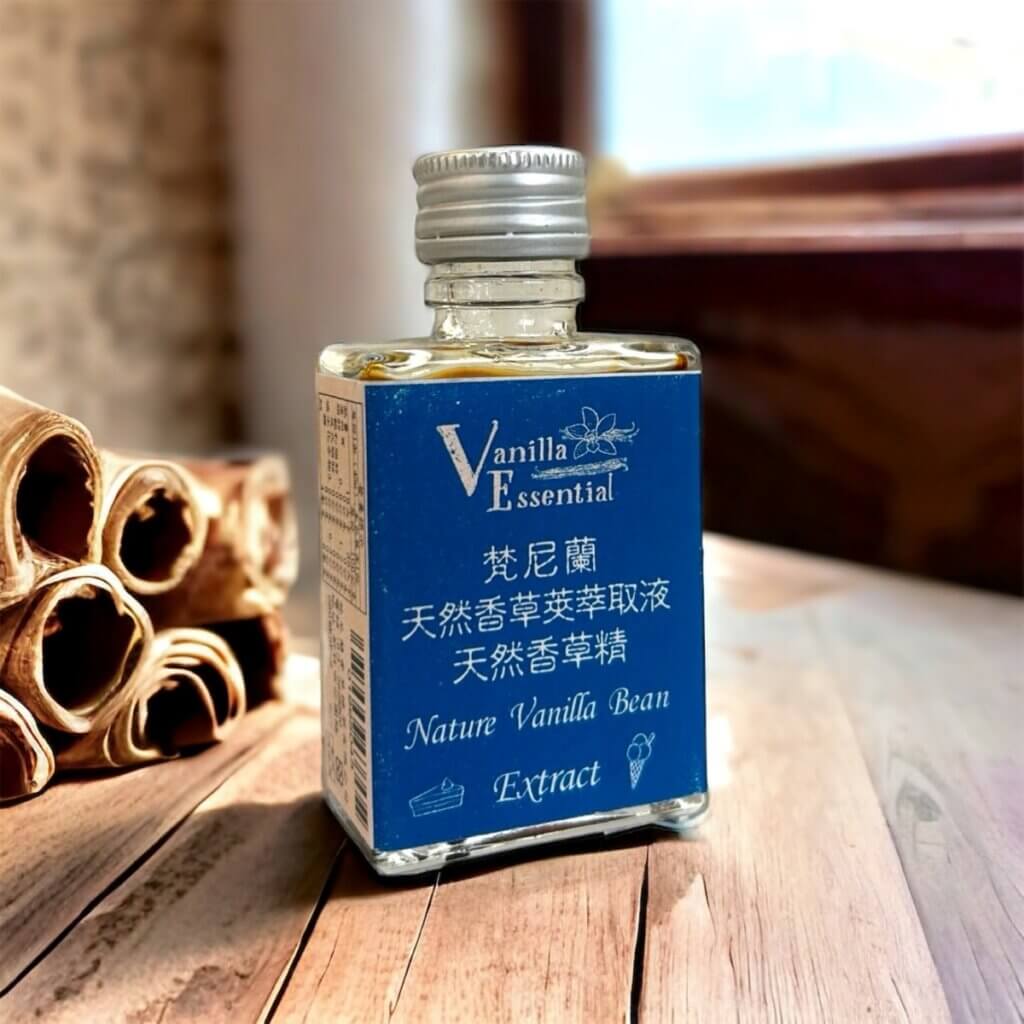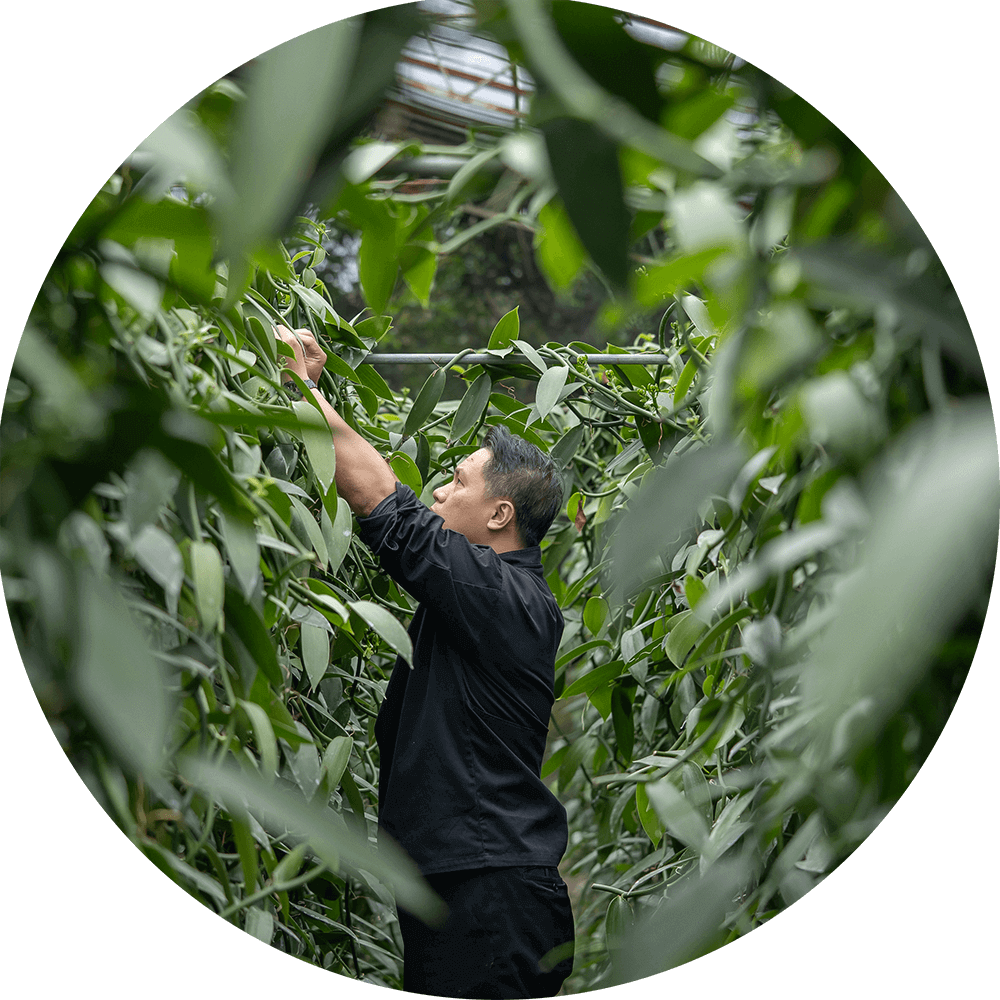What is Vanilla Extract?
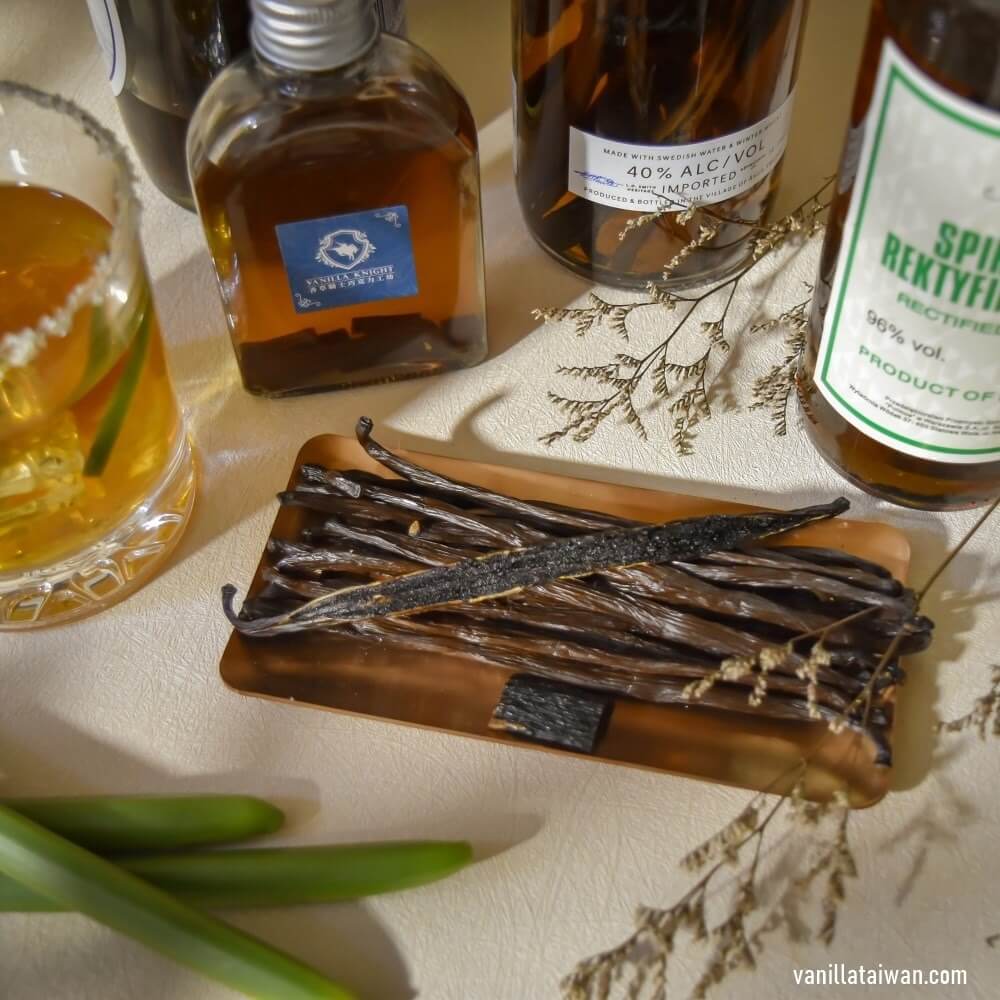
In today’s era of frequent food safety issues, mentioning vanilla extract might immediately make people think of cheap, chemically synthesized, and harmful products. However, vanilla extract comes in both natural and synthetic forms, and not all vanilla extract is bad!In fact, pure natural vanilla extract is a natural flavor extracted from vanilla beans and plays a crucial role in enhancing the flavor of foods. Today, let’s dive into the world of vanilla extract and uncover its mysteries.
Two Steps to Make Vanilla Extract (Vanilla Liqueur): A Comprehensive Guide to Storage and Use
Definition of Vanilla Extract
Vanilla extract is a natural flavoring used to enhance the taste of food. It is primarily extracted from vanilla beans. According to regulations, pure vanilla extract must contain at least 35% alcohol and meet specific vanilla bean content standards to be labeled as "pure vanilla extract."
Components of Vanilla Extract
The components of vanilla extract are primarily divided into two categories: [aroma source] and [carrier solvent]. These two main components are used to distinguish the types of vanilla extract.
- Key Components: Natural Vanilla Beans: The vanillin in natural vanilla beans is the primary source of its aroma. Synthetic Vanillin: Imitation vanilla extract primarily uses artificially synthesized vanillin, which is typically derived from petroleum or wood pulp-based compounds (commonly known as artificial flavoring).
- Main Solvents: Alcohol: A common solvent in pure natural vanilla extract. Pure vanilla extract must contain at least 35% alcohol (pure natural). Propylene Glycol: Used as an alternative solvent in alcohol-free vanilla extract formulations (purely synthetic). Glycerin: A solvent derived from natural plant oils or animal fats, though it can also be chemically synthesized (both natural and synthetic versions exist).
Types of Vanilla Extract
Vanilla extract can be categorized as natural or synthetic based on its components, which is a crucial factor for consumers to understand. To determine whether a vanilla extract is natural or synthetic, both its key components and solvents must come from natural sources to ensure the product is truly natural.
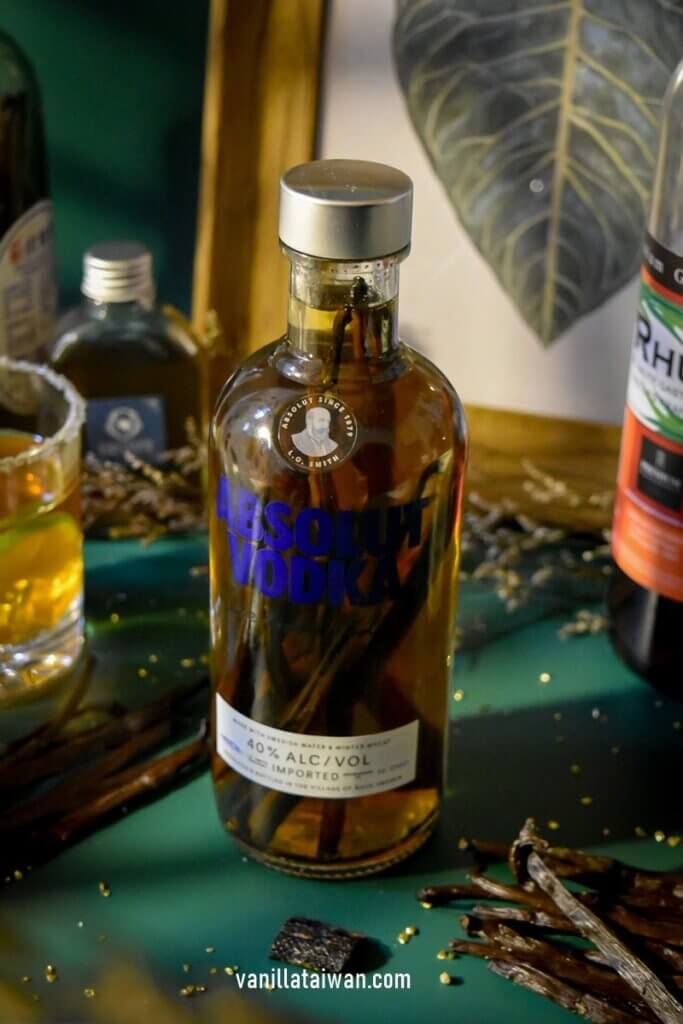
純天然香草精(Natural Vanilla Extract)
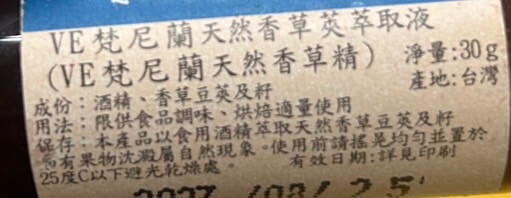
- 主要成分:天然香草莢(可分大溪地、波本式等品種)
- Solvents Used:
- Alcohol: The most common natural solvent, used to extract and stabilize aroma, meeting the standards for pure natural vanilla extract.
- Natural Glycerin: An alcohol-free alternative, suitable for individuals allergic to alcohol.
- Features: Rich aroma with diverse layers, ideal for premium baking and sophisticated desserts.
Synthetic Vanilla Extract

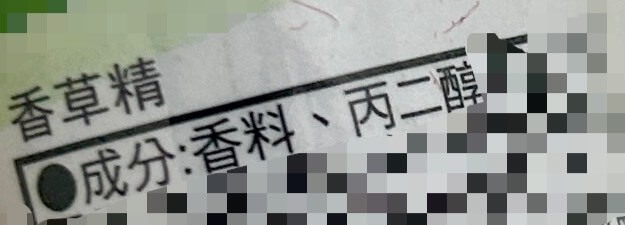
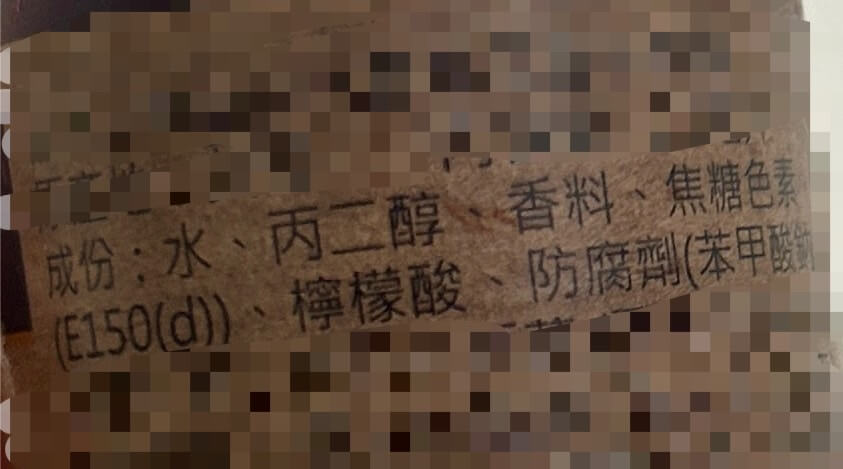
- Artificially synthesized vanillin (used in flavorings and fragrances)
- Solvents:
- Propylene Glycol: Commonly used in alcohol-free synthetic vanilla extract; it is low-cost and suitable for industrial production.
- Glycerin: May use either natural or synthetic glycerin as a solvent.
- Features: Low cost, singular aroma, mainly used in commercial food manufacturing.
Natural Vanilla Extract Can Be Further Classified
Types of Vanilla Beans
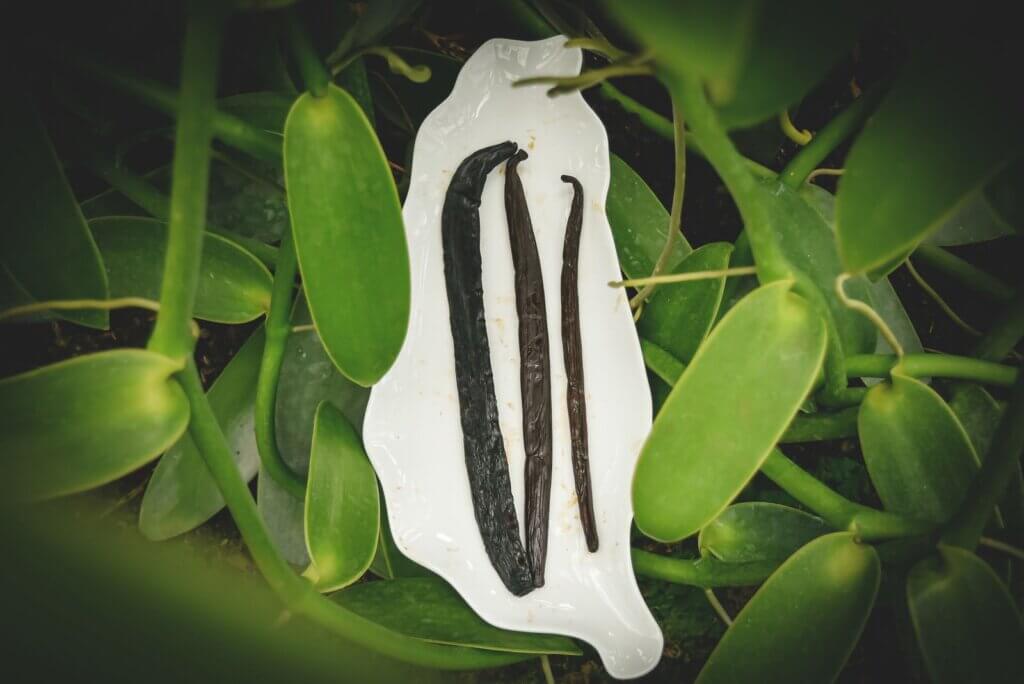
-
Bourbon Vanilla Extract
- Originating from Madagascar, Réunion, and other islands in the Indian Ocean, Bourbon vanilla extract offers a rich, classic vanilla flavor with subtle hints of tobacco and fruit.
- Originating from Madagascar, Réunion, and other islands in the Indian Ocean, Bourbon vanilla extract offers a rich, classic vanilla flavor with subtle hints of tobacco and fruit.
-
Tahitian Vanilla Extract
- Derived from Tahitian vanilla beans, this extract features a more delicate aroma with floral, fruity, and spicy notes. Compared to Bourbon vanilla, its fragrance is lighter and softer, making it ideal for refined desserts like light creams, ice creams, or fruit-based sweets.
Extracted vs. Non-Extracted Vanilla Beans
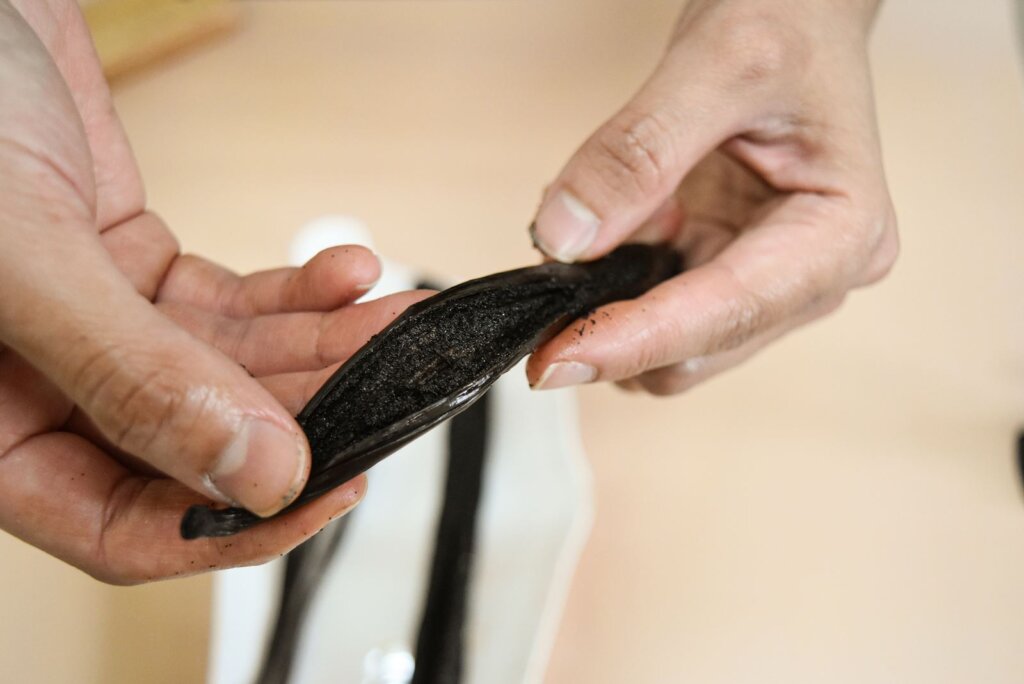
In the production of vanilla extract, the type of vanilla beans used—whether "extracted" or "non-extracted"—plays a crucial role in the final product's flavor, quality, and value. However, most products do not explicitly label this distinction, and the choice ultimately depends on the flavor of the final product.
- Extracted vanilla beans refer to vanilla pods that have already been used. For example, the pod may have had its seeds scraped out or undergone other processes (like cooking) before being reused. These recycled vanilla pods are soaked in alcohol or other solvents to produce vanilla extract. Chefs or home users often scrape out the seeds from vanilla beans and then place the leftover pods into vodka to create vanilla extract, making full use of the vanilla beans. Extracted vanilla beans have a relatively weaker flavor because their primary aromatic and flavor compounds (such as vanillin) have been partially or fully used during the initial application.
-
English: Non-extracted vanilla beans refer to intact vanilla beans that are directly soaked in alcohol or other solvents to produce vanilla extract, preserving the complete aroma and flavor of the vanilla beans. Non-extracted vanilla beans offer intense flavors and complex layers, delivering the purest natural vanilla aroma! Vanilla extracts made this way are more expensive but provide superior quality and flavor, making them ideal for premium baking and sophisticated desserts.
How to Choose Vanilla Extract
Labels and Ingredients to Check When Buying

- Step 1: Check Ingredients: Choose extracts made with natural vanilla beans, and avoid synthetic vanillin.
- Step 2: Check Solvents: Opt for alcohol or natural glycerin, and avoid propylene glycol.
- Pure Natural Vanilla Extract: Must consist of natural vanilla beans + alcohol or natural glycerin.
Homemade Vanilla Extract: The Best Vanilla Extract
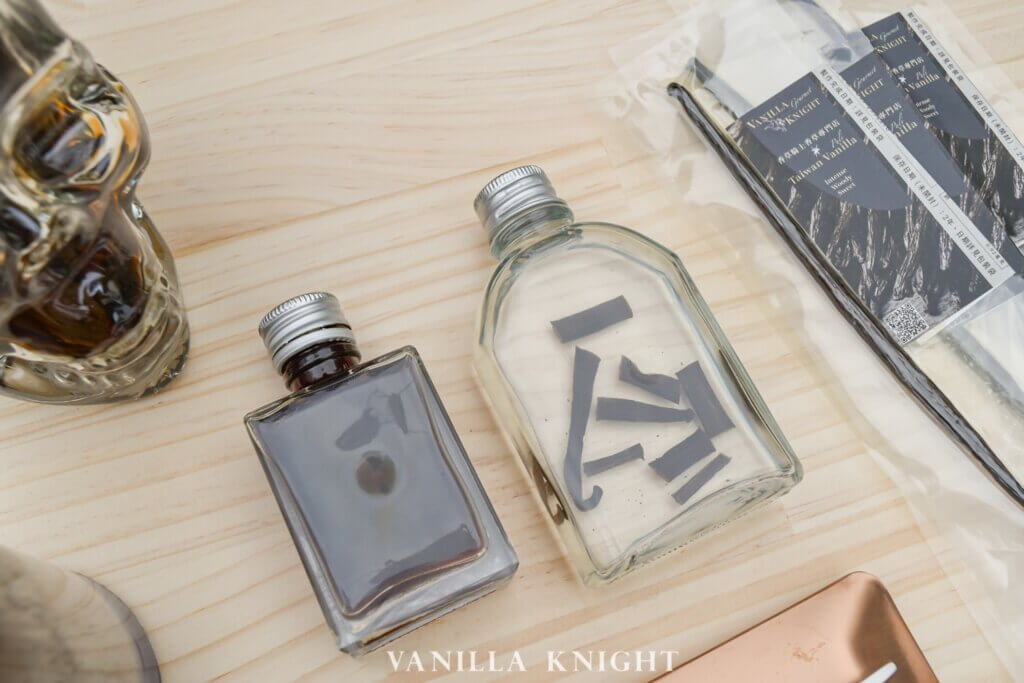
When searching for the best vanilla extract, nothing beats homemade! Homemade vanilla extract allows you to fully control the ingredients, ensuring purity and quality while tailoring it to your taste. Compared to store-bought products, it is more natural, free of additives, and relatively cost-effective.
- How to Make Natural Vanilla Extract at Home
- Materials Needed: Vanilla beans, alcohol (e.g., vodka, rum, etc.)
- Steps to Make Vanilla Extract:
1.Cut the vanilla beans open and place them, including the pods, into a clean glass bottle.
2.Pour in alcohol, ensuring the vanilla beans are fully submerged.
3.Seal the bottle and place it in a cool, dry place for at least6-8 weeks.Shake the bottle occasionally to aid the extraction process.
4.Once completed, you will have a bottle of rich natural vanilla extract. The aroma will deepen over time.
▋Click here for a detailed guide:Two Steps to Make Vanilla Extract (Vanilla Liqueur): A Comprehensive Guide to Storage and Use
Storage and Usage Tips for Vanilla Extract
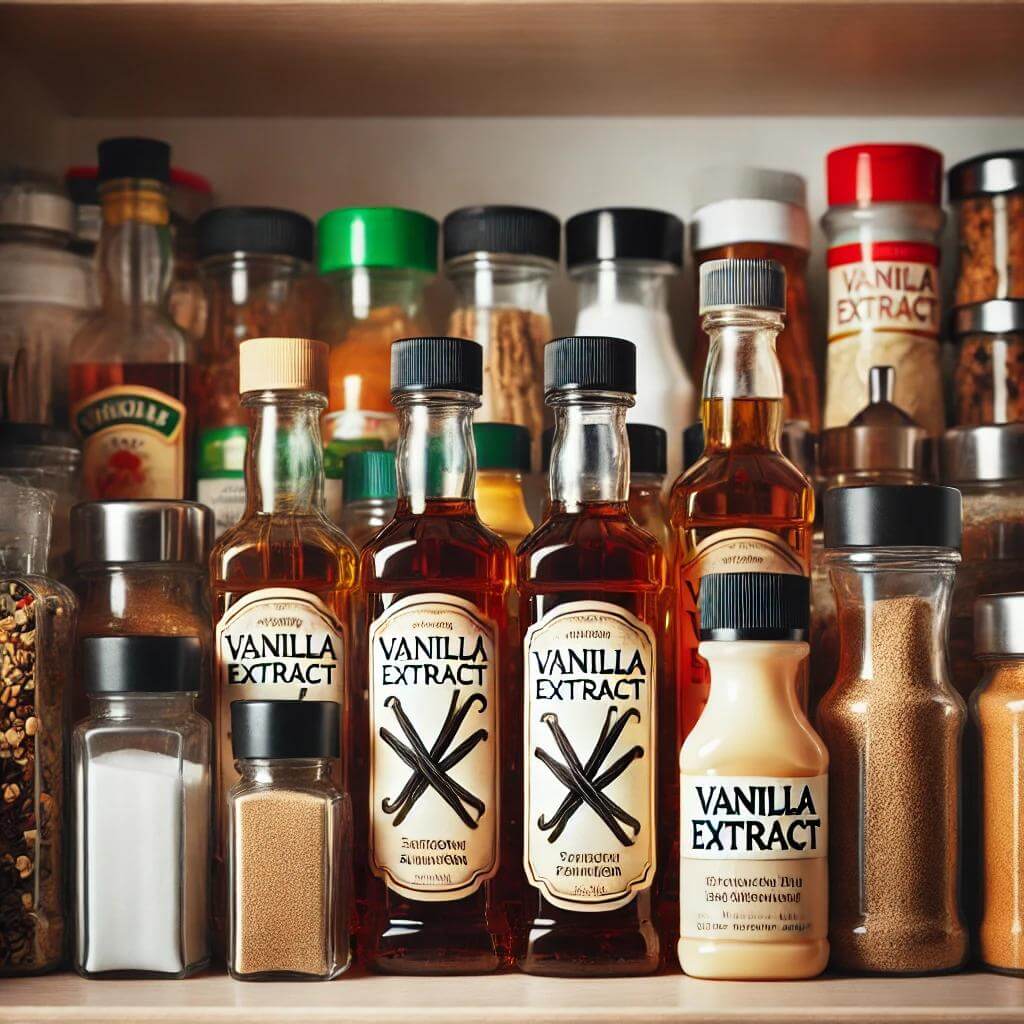
Vanilla extract should be stored in a cool, dry, and dark place. Many people believe spices should be refrigerated after opening, but this does not apply to vanilla extract. It does not need refrigeration, especially because the high humidity in refrigerators can allow moisture to seep in through the bottle’s opening. If you must refrigerate it, be sure to seal the bottle with plastic wrap!
Vanilla extract is mainly used to eliminate the eggy smell in recipes. It can be added to any recipe involving eggs. We will also include related recipes in the future and continue to update this article with tips and recipes for using vanilla extract!
▋Extra Feature:What to Do If Vanilla Extract Molds? Can Homemade Vanilla Extract with Mold Still Be Used?
Where to Buy Vanilla Extract?
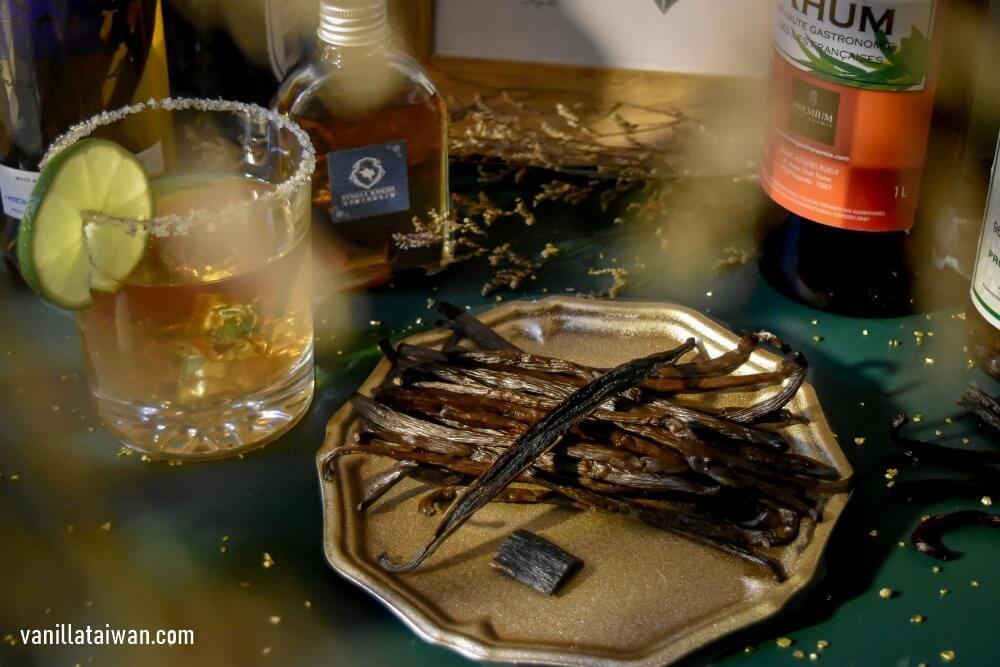
You can purchase ready-made vanilla extract from many baking supply stores. If you want to buy materials for homemade vanilla extract, Vanilla Farmer offers our exclusive “Heavenly Vanilla Extract Kit,” which includes pre-measured vodka and vanilla beans. Just cut the beans and soak them in the vodka to make your extract at home!
Our vanilla beans are exclusively homegrown and sold directly. In addition to the popular Madagascar Bourbon vanilla beans, we also offer a special Pompana Heavenly Vanilla Bean variant for added flavor. Create the best homemade vanilla extract with our premium ingredients!
▋Click Here to Buy:DIY Vanilla Extract Kit
Frequently Asked Questions About Vanilla Extract
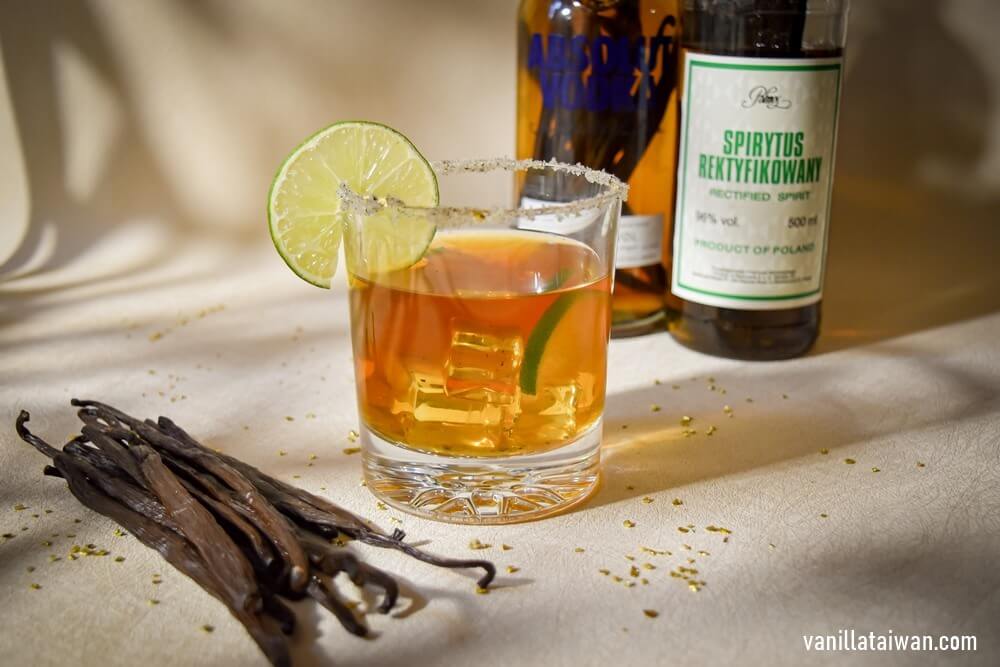
Is Vanilla Extract Natural?
Not necessarily. Vanilla extract sold on the market is divided into two types: synthetic (commonly referred to as vanilla flavoring) and natural (vanilla extract). Natural vanilla extract is made from real vanilla beans and alcohol, while synthetic vanilla extract is chemically synthesized.
What Can Be Used as a Substitute for Vanilla Extract?
You can use vanilla beans, vanilla paste, or vanilla sugar as substitutes. Choose the appropriate replacement based on the recipe requirements.
Is Vanilla Extract Essential?
Not necessarily. If you want the specific flavor of vanilla, you can add vanilla extract. If you don’t have it or wish to reduce the aromatic elements, you can omit it without affecting the structure of the recipe.
Can Vanilla Extract Go Bad?
Vanilla extract usually has a long shelf life due to the preservative properties of alcohol. However, if you notice an off smell, discoloration, or mold, it should be discarded.
Is Vanilla Extract Alcohol?
Yes, natural vanilla extract uses alcohol as a solvent. Neutral spirits like vodka are commonly used, and the finished product may contain 35% to 40% alcohol.
What Alcohol Should Be Used to Soak Vanilla Beans?
Vodka is the most common choice because of its neutral flavor, which does not interfere with the pure vanilla aroma. Other alcohols like rum or whiskey can also be used, but they will add additional flavors.

